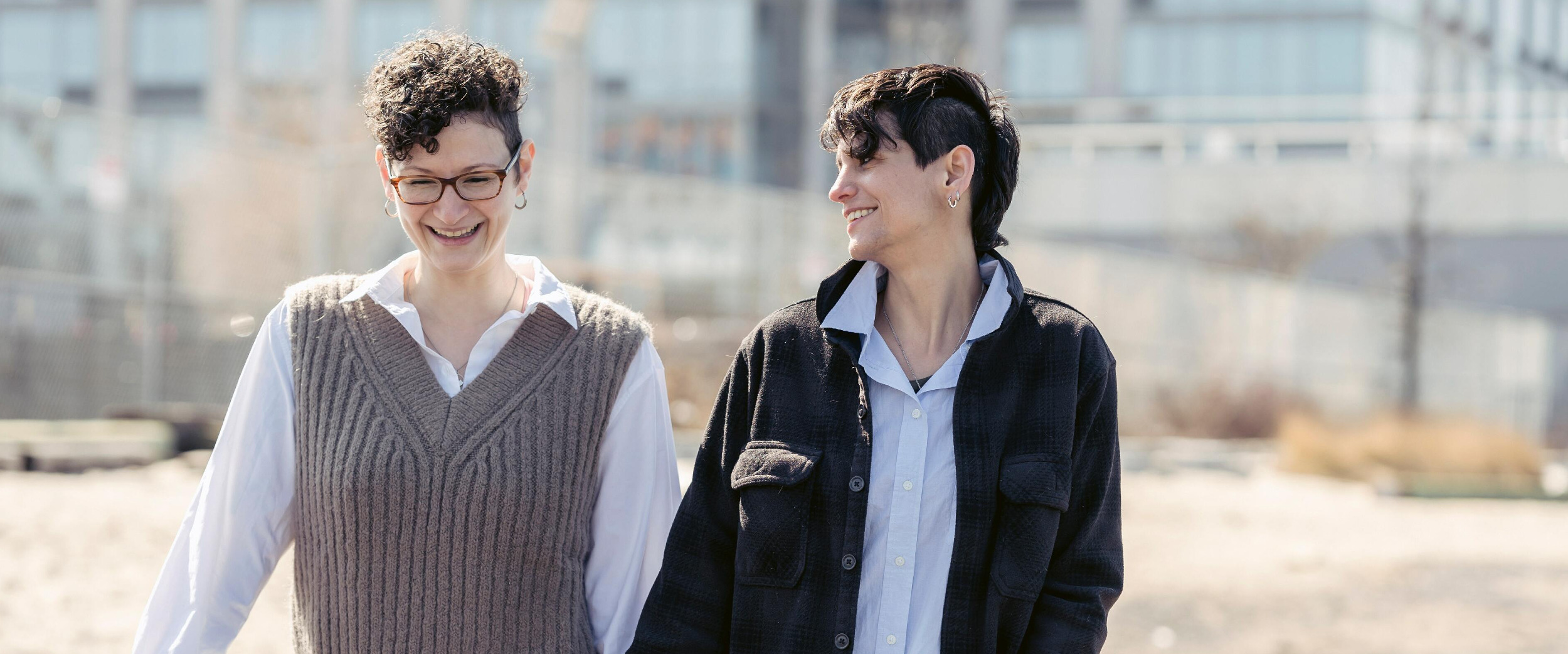Who you are and where you live can greatly impact your access to care, and sexual orientation is no exception to this. Within the healthcare system, the LGBTQ+ community regularly experiences barriers when seeking adequate health services, and the effect of these barriers may result in poorer health outcomes. This leads to the question — does being a lesbian or bisexual woman affect your risk for breast cancer?
Stats and facts
In short, research shows mixed evidence on if lesbian and bisexual women carry a greater risk of breast cancer. While there is no genetic/biological difference between heterosexual and lesbian women, some research states that women who have sex with women (WSW) may be at a slightly elevated risk of breast cancer due to an overall increase in negative health behaviours and discrimination that they experience. Negative health behaviours include higher rates of risk factors such as smoking, alcohol use, and obesity, which all contribute to cancer risk. However, these statistics vary greatly among individuals, making the evidence too weak to determine a strong connection between these risk factors and overall breast cancer risk in WSW.
The biggest cause of concern for lesbian and bisexual women’s risk of breast cancer is their overall lower rates of preventative cancer screenings such as breast exams and mammograms. In an analysis done by published in the Canadian Family Physician Journal, it was found that WSW reported less participation in preventive screening — believed to be due to previous negative experiences and discrimination in the doctor’s office, creating hesitation to seek physician care.
Homophobia overall is the biggest driving factor to WSW using healthcare services less often and getting fewer cancer screenings as a result. Misconceptions among physicians may also incorrectly inform WSW that they do not need certain cancer screening tests like breast exams.
Unfortunately, the overall risk of breast cancer among lesbian and bisexual is not well known as there continue to be gaps within the cancer data for them. According to the research done in the report “Coming Out About Lesbians and Cancer” by Rainbow Health Ontario, lesbian women wished for:
- Increased attention to cancer in lesbian communities
- Greater education in detection, prevention, and risks for lesbians
- Specialized lesbian cancer services and resources
- More welcoming spaces within cancer care
Resources and Self-Advocacy
Rainbow Health Ontario (RHO), an LGBTQ+ focused program created by Sherbourne Health Centre, suggests the following guidelines for lesbian and bisexual women regarding cancer screening:
- Individuals should be screened for cancer based on the organs that they have (e.g. prostate, testicles, cervix, breasts, colon), rather than based on their sexual orientation/practices.
- Anyone with breast tissue is at risk for breast cancer (this includes men) and should be screened according to standard and current guidelines
| Photo by Sarah Chai from Pexels |







